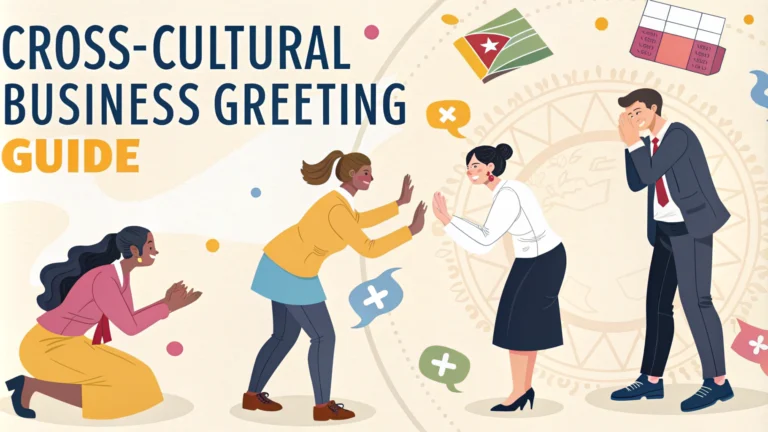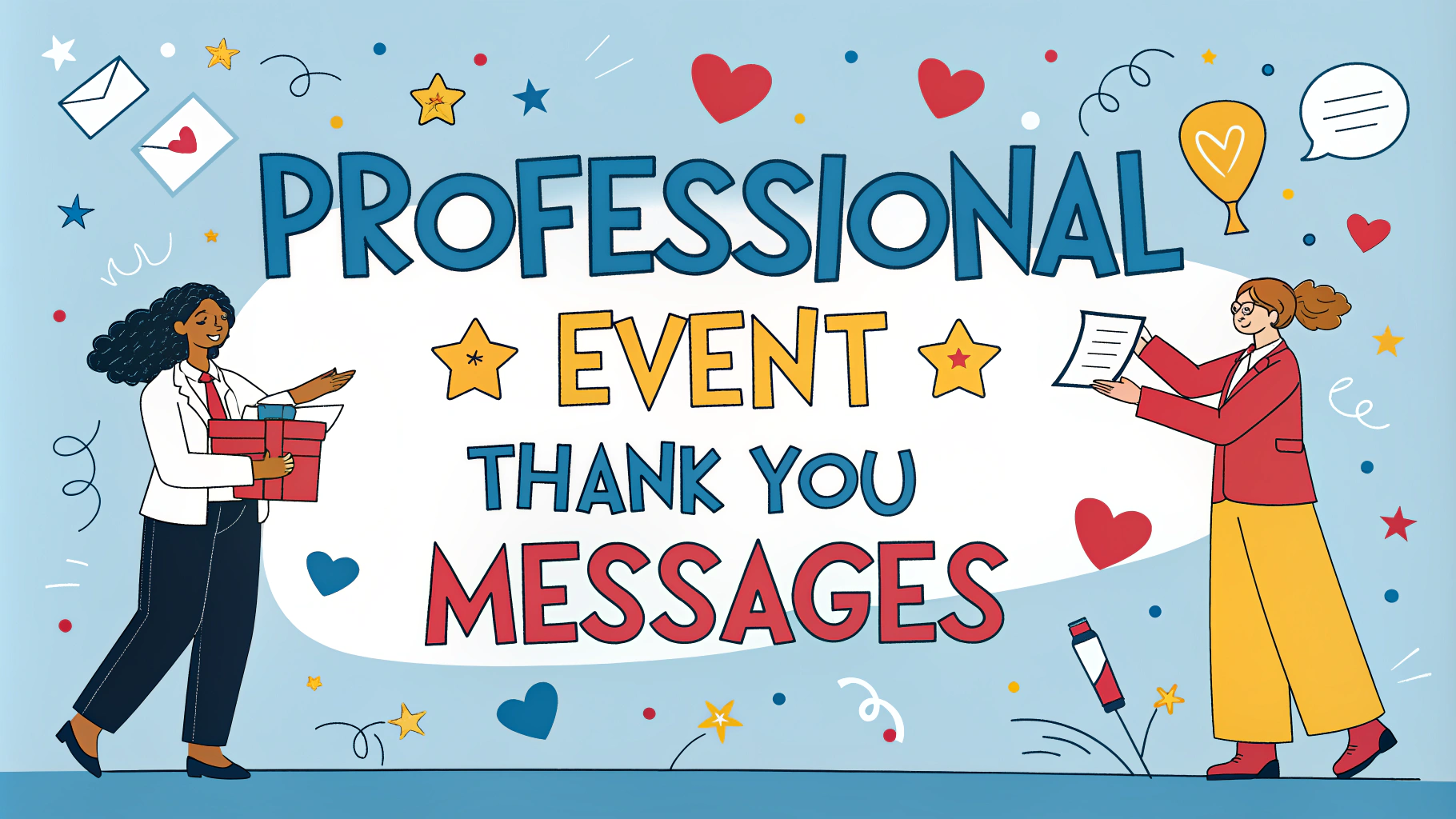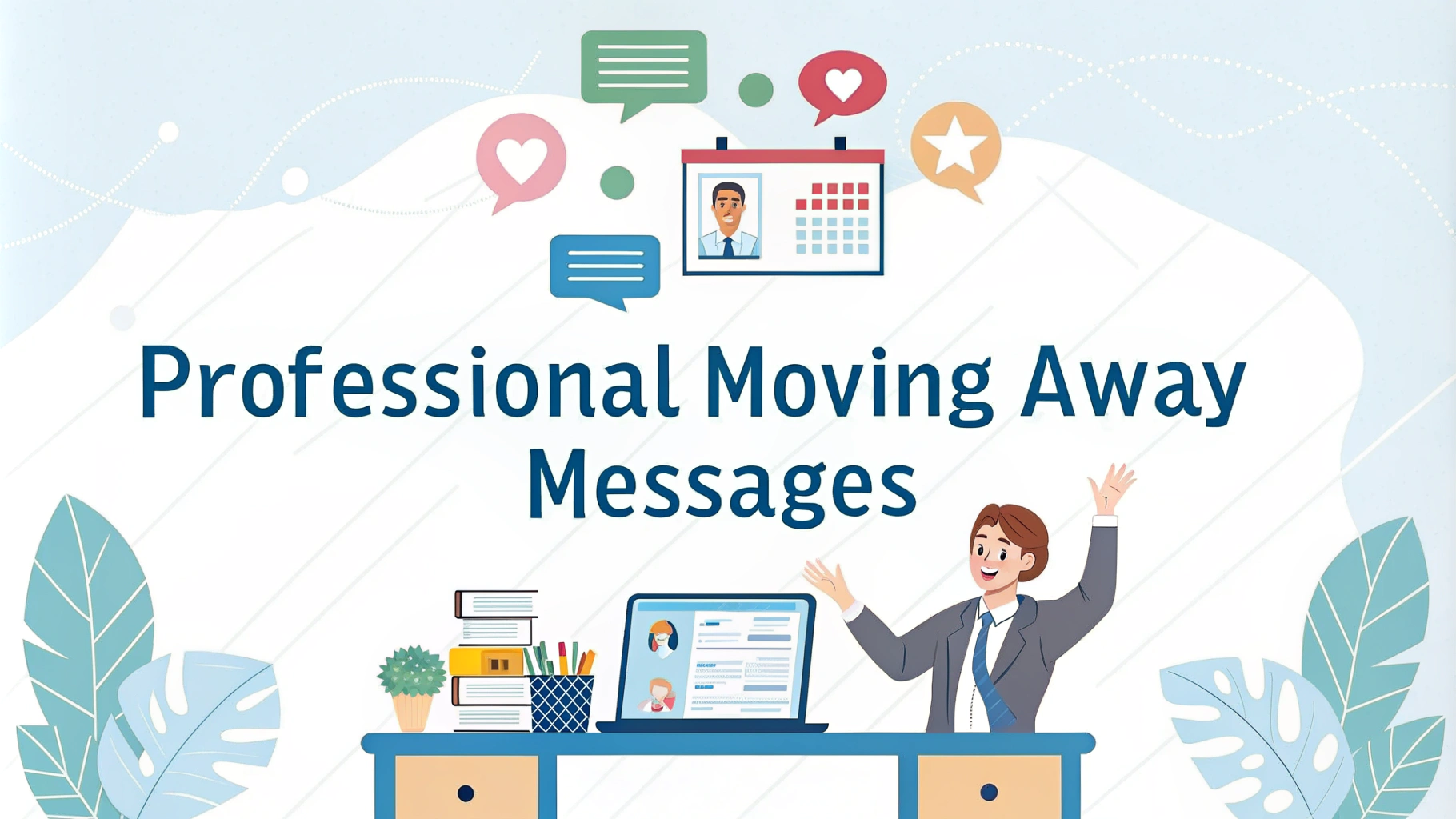Proper business greetings can make or break international business relationships.
Asian Business Greetings
In Japan, bow slightly when greeting business partners, with the deepest bows reserved for the most senior people.
Chinese business culture values a firm but not overpowering handshake, accompanied by a slight nod.
Korean business meetings typically start with a slight bow and a handshake, keeping eye contact minimal.
European Business Greetings
French business associates often exchange light kisses on the cheeks – two in Paris, three or four in other regions.
German business greetings are formal, with firm handshakes and direct eye contact being standard practice.
British business culture prefers brief handshakes with moderate firmness.
Middle Eastern Business Greetings
In Arab countries, same-gender greetings may include light kisses on the cheeks, while opposite-gender greetings should remain hands-off unless initiated by the woman.
Always use your right hand for greetings in Middle Eastern countries, as the left hand is considered unclean.
Quick Tips for International Business Greetings
- Research specific customs before international meetings
- Wait for the host to initiate the greeting
- Use formal titles until invited to use first names
- Respect personal space differences across cultures
- Watch for physical contact restrictions, especially between genders
Common Business Greeting Mistakes
- Assuming handshakes are universal
- Rushing through formal introductions
- Using first names without permission
- Ignoring gender considerations
- Making prolonged eye contact in cultures where it’s inappropriate
Business cards should be exchanged with both hands in many Asian countries, especially Japan and Korea.
| Region | Standard Greeting | Key Consideration |
|---|---|---|
| Japan | Bow | Depth indicates respect level |
| Europe | Handshake | Firmness varies by country |
| Middle East | Right-hand handshake | Gender restrictions apply |
Remote Business Greeting Etiquette
Virtual meetings require clear audio greetings and visible hand waves when appropriate.
Consider time zones when scheduling video calls to ensure appropriate greeting times in all locations.
Additional Resources
Impact of Greeting Mistakes on Business Relationships
Incorrect greetings can lead to lost business opportunities, damaged relationships, and failed negotiations. Cultural faux pas during initial meetings often create lasting negative impressions that are difficult to overcome.
Digital Era Adaptations
Modern business interactions increasingly occur through video conferencing and digital platforms, requiring adaptation of traditional greeting customs while maintaining cultural sensitivity.
Virtual Meeting Best Practices
- Arrive early to test audio/video quality
- Use clear verbal greetings
- Maintain appropriate on-camera posture
- Follow up with written acknowledgments
Training and Preparation
Organizations should provide cultural competency training to employees engaged in international business. This includes role-playing exercises and detailed briefings before important cross-cultural meetings.
Conclusion
Success in international business depends significantly on understanding and respecting cultural differences in greetings. Taking time to learn appropriate customs demonstrates respect and builds stronger business relationships across borders.
Proper greeting etiquette remains crucial whether meeting in person or virtually. Organizations that invest in cultural awareness training and maintain flexibility in their approach to business greetings position themselves for greater success in the global marketplace.
Key Takeaways
- Research and respect local customs
- Adapt greetings for virtual environments
- Maintain cultural awareness in all business interactions
- Invest in proper training for international teams
FAQs
- How do business greetings differ between Western and Asian cultures?
In Western cultures, handshakes are common, while in many Asian cultures, bowing is traditional. Japanese business culture uses bows, Chinese may use slight nods or soft handshakes, and Koreans might bow and handshake simultaneously. - Should I initiate a handshake with someone from the Middle East?
In Middle Eastern business settings, wait for the other person to initiate physical contact, especially with the opposite gender. Some Muslims avoid physical contact with the opposite gender for religious reasons. - What’s the appropriate way to exchange business cards in Japan?
Present and receive business cards with both hands, facing the text toward the recipient. Study the card briefly before placing it carefully on the table or in a card holder. Never write on it or put it in a pocket immediately. - How important is punctuality in different business cultures?
In German, Swiss, and Japanese business cultures, punctuality is extremely important. In Latin American and Mediterranean cultures, timing is more flexible. Being 15-30 minutes late might be acceptable in some regions. - What are the proper forms of address in formal business settings?
Use titles and surnames unless invited to use first names. In Germany, use academic titles. In China, use titles followed by family names. In France, use Monsieur/Madame followed by the surname. - What gestures should be avoided in international business meetings?
The OK sign is offensive in Brazil, the thumbs-up is inappropriate in the Middle East, and pointing with one finger is impolite in many Asian countries. Use an open hand instead. - How should I handle gift-giving in business contexts across cultures?
In Japan and China, gift-giving is important but avoid numbers 4 or 9. In Western countries, gifts might be seen as bribes. Always research local gift-giving customs and corporate policies. - What’s the appropriate physical distance during business interactions?
North Americans prefer about 4 feet of personal space, Middle Easterners often stand closer, while Northern Europeans typically maintain more distance. Be aware of these cultural comfort zones. - How does eye contact etiquette vary across cultures?
Direct eye contact is expected in Western business settings but may be considered disrespectful in many Asian and African cultures. In Middle Eastern business contexts, same-gender eye contact is generally more accepted. - What role does hierarchy play in business greetings?
In Asian cultures like Korea and Japan, greet the most senior person first. In Western cultures, while hierarchy matters, greetings are generally more egalitarian. Always acknowledge the most senior person present in hierarchical cultures.







